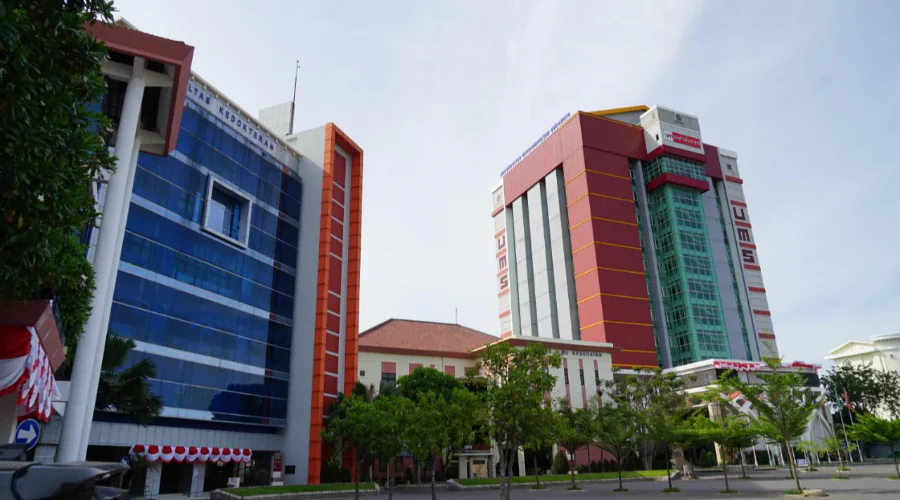
- 19 Feb
- 2022
ilustrasi Gedung UM Surabaya (Dok: Humas)
LKG UM Surabaya Provides Solutions to Prevent Sexual Violence in Higher Education
The rise of news about sexual violence in tertiary institutions is a record for anyone. Campuses that should be a safe and comfortable place for the younger generation to study, prepare themselves physically and spiritually to become future leaders, are now increasingly becoming an unsafe place for them, especially women.
Mas'ulah Head of the Institute for Gender Studies (LKG) Muhammadiyah University of Surabaya (UM Surabaya) responded to the rise of sexual predators taking cover in office clothes, both structural, administrative and academic positions in universities.
"The premise that acts of sexual violence against women that occur in tertiary institutions is rooted in the imbalance of power relations between perpetrators and victims has an argument that is difficult to refute," said Mas'ulah Saturday (19/2/22)
He explained that the locus, focus and mode of sexual violence in tertiary institutions and other educational units is indeed unique compared to other places. Perpetrators of sexual violence in tertiary institutions are not poor, uneducated, or unstable people, but people who have power in various forms and levels.
"Sexual violence in universities can be prevented with dual actions in anticipation and mitigation," he added.
He explained that the first thing to do was to set up a task force to prevent and deal with sexual violence in tertiary institutions as a follow-up to the regulation of the Minister of Education, Culture, Research and Technology of the Republic of Indonesia Number 30 of 2021. Furthermore, perpetrators of sexual violence are processed strictly and will receive sanctions as stated regulated by law, for example imprisonment for a minimum of 5 (five) years and a maximum of 15 (fifteen) years (Article 81 Perpu number 1 of 2016).
"Strengthening values education (value-based education) is also very important because education is not only a matter of how to teach knowledge (transfer of knowledge) but also relates to the issue of instilling values both religious, cultural and social values," he said again.
Furthermore, he explained the importance of Higher Education supporting the education curriculum by strengthening gender literacy in addition to strengthening human values such as respect, integrity, honesty, and other noble values.
“The application and contextualization of religious teachings is also very much needed. Religious education is not only concerned with religious teachings but also their contextualization. For example, religious teachings that teach respect for women's dignity must be internalized and realized in life," he explained.
In essence, all religions elevate the degree and dignity of women. The Islamic religion which teaches all human beings to be equal before Allah SWT should be used as the basis that women are not objects let alone legitimate objects of violence or sexual harassment.
At the end of his statement, he emphasized that another step that could be taken was the provision of sexuality education. Sexual education, namely knowledge about sexual harassment, bullying, good and polite touching, bad touching, how to shout and make gestures that can attract attention and steps to report incidents of sexual harassment .
"By understanding potential threats, wherever and in any situation, someone will have the sensitivity to scan for potential violence, harassment or other sexual exploitation so that they can avoid them or handle critical situations if circumstances force it," he said.





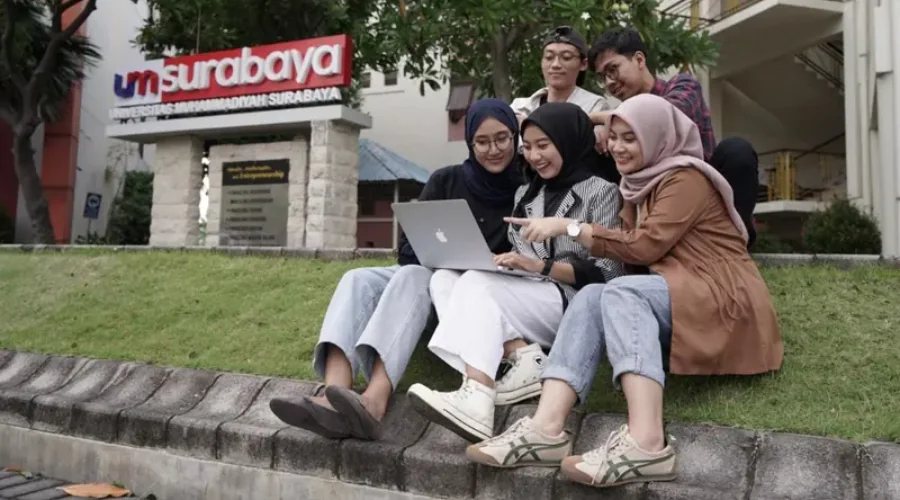
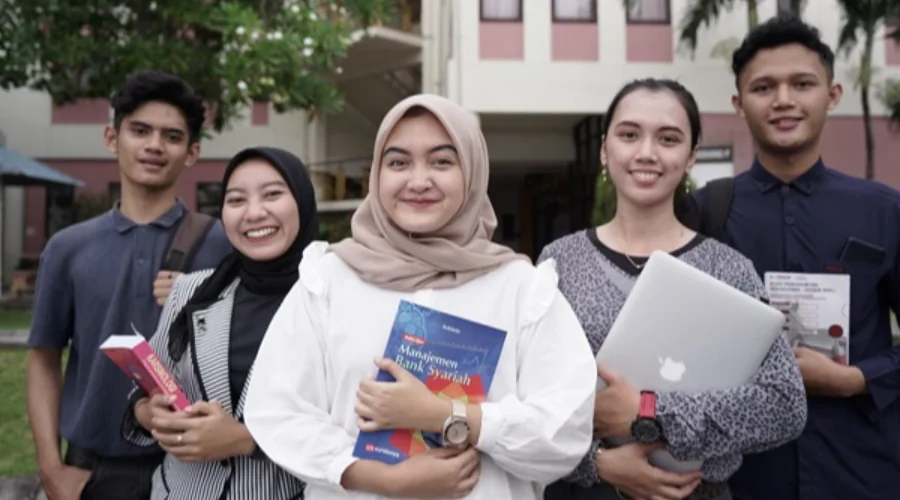
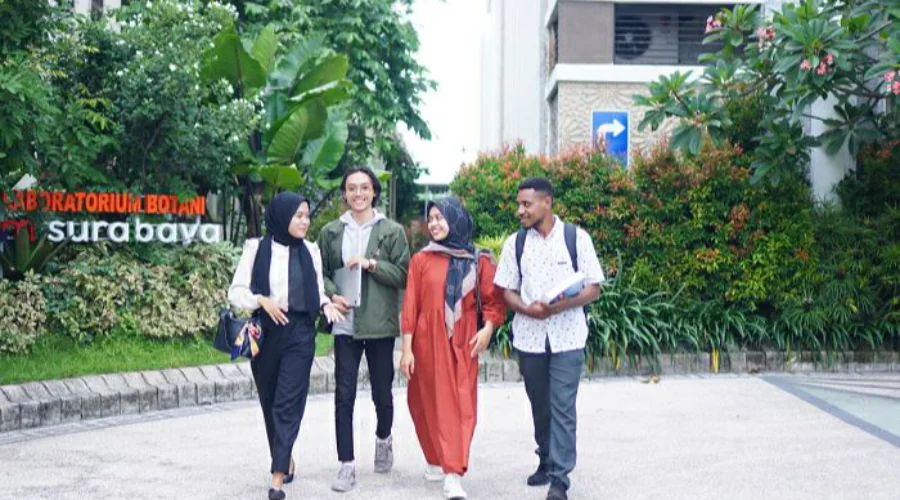

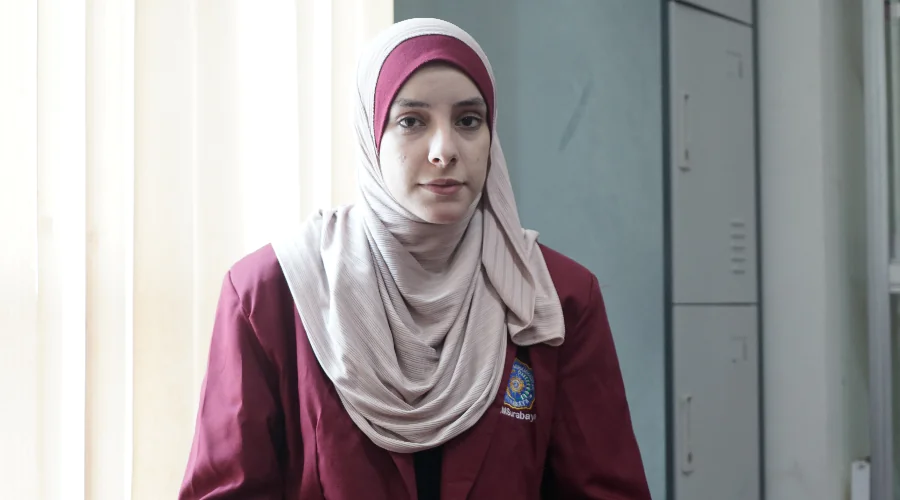
(0) Comments